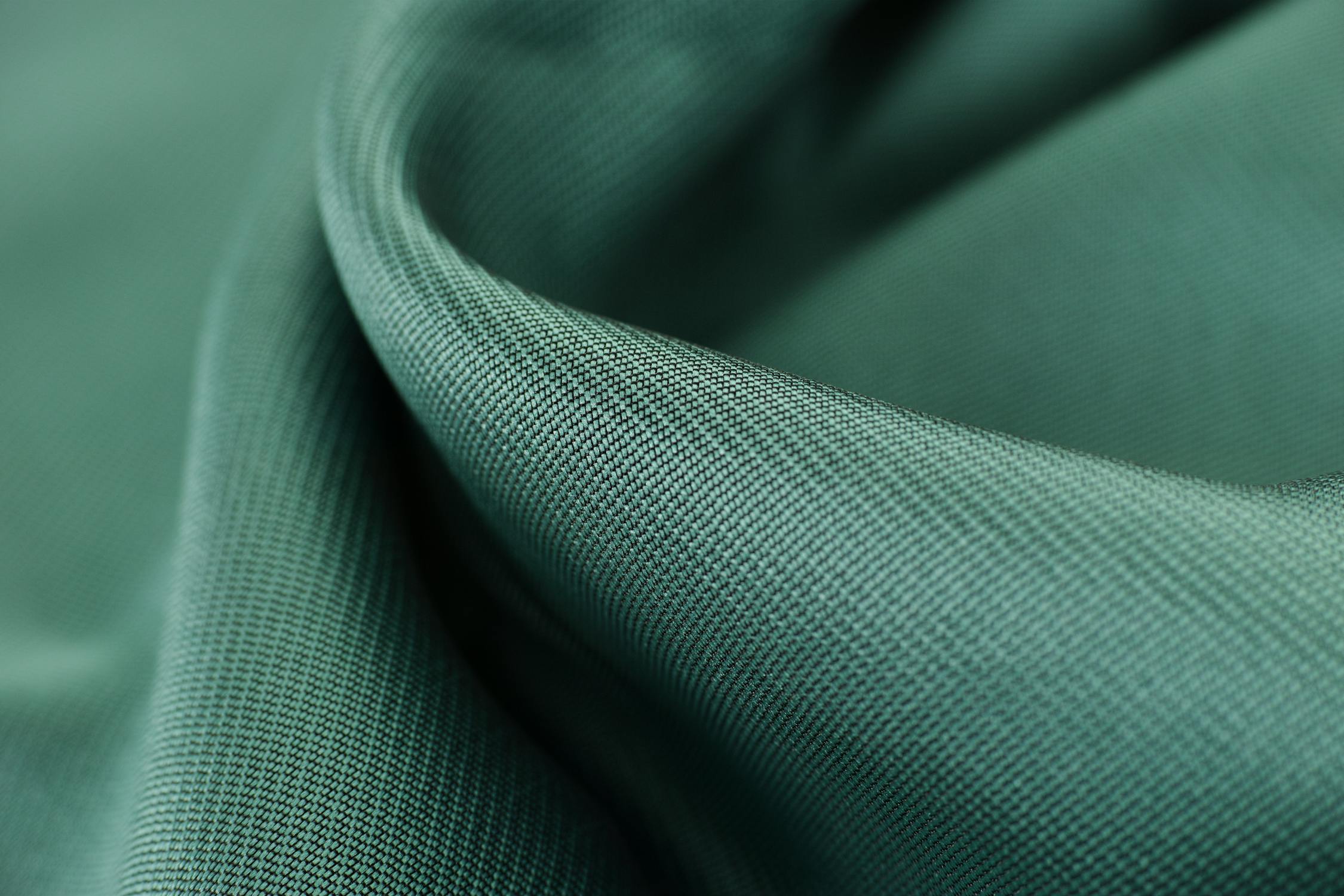
As the European Union prepares to revamp textile waste regulations, Avery Dennison, a renowned digital identification specialist, has joined forces with Texaid, experts in the collection, sorting, repair, resale, and recycling of used textiles, to take proactive steps towards sustainable change.
The primary objective of this collaboration is to enhance traceability within the garment industry through advanced sorting and recycling techniques facilitated by Avery Dennison's innovative Atma.io connected product cloud platform. Equipped with crucial fiber information, this platform empowers Texaid to efficiently process apparel, channeling them into the appropriate resale or recycling streams.
Currently, only a meager 1 percent of Europe's colossal 7 million tons of textile waste undergoes recycling, with a mere 35 percent being collected separately. In response to these alarming figures, the EU aims to completely transform the industry by 2030 through its Strategy for Sustainable Textiles regulations. These regulations advocate for fashion items with extended lifespans, easy repair and recycling capabilities, and freedom from hazardous substances.
Driving Sustainability and Accountability: Mandatory Minimums and Digital Product Passports
Under the new rules, mandatory minimums for recycled content will be enforced, and each garment will carry a Digital Product Passport containing essential sustainability information. This initiative empowers EU regulators to impose disclosure and accountability requirements regarding the fate of discarded or unwearable clothing.
Michael Colarossi, Vice President of Innovation, Product Line Management, and Sustainability, Apparel, at Avery Dennison, emphasized the urgent need for answers and action within the fashion industry. He highlighted the potential of technology-driven solutions to facilitate textile recycling, leading to reduced processing time, cost savings, and increased capacity.
Martin Böschen, CEO of Texaid based in Switzerland, further emphasized the demonstration of technology's transformative impact on processing. He emphasized the generation of high-quality feedstock volumes that will be essential to meet the industry's growing demand. Böschen also highlighted the limitations of existing small-scale textile recycling facilities, emphasizing the need for scalability.
Textile Exchange offers various standards related to sustainability in the textile industry, including the Content Claim Standard (CCS) and the Global Recycled Standard (GRS). These standards ensure transparency and integrity in the use of recycled materials.

Enhancing Sustainability and Recycling with Atma.io Technology
Avery Dennison, headquartered in Ohio, has also introduced digital care labels utilizing scannable QR codes powered by Atma.io technology for the Swijin line of performance wear. These labels contain a garment's history, sustainability credentials, fiber composition, and care instructions. They equip recycling professionals with the necessary information for correct garment recycling.
The European Union is on track to finalize legislation governing textile waste, expected to be implemented within the next year. Currently, 16 pieces of legislation await approval, many of which aim to provide consumers with comprehensive recycling information. The anticipated solution is a scannable QR code, similar to the one employed by Swijin, which will serve as a digital product passport, ensuring seamless traceability and accountability throughout the garment lifecycle.